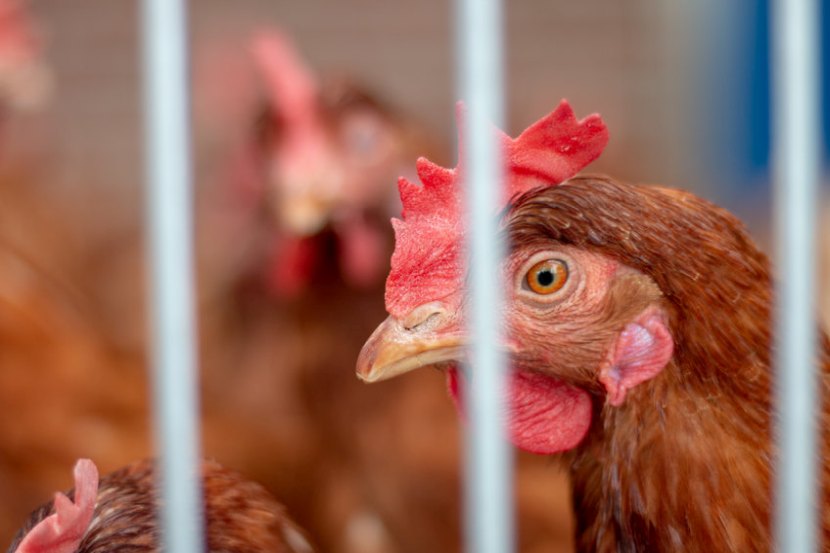Number of hens in enriched cages drops below quarter for first time

Under a quarter of UK eggs were sourced from enriched caged hens in 2023, according to new figures showing a dramatic change compared to a decade ago.
Government statistics reveal that the proportion of enriched caged hens dropped below a quarter for the first time last year, to 23%.
Animal welfare activists have called it a major milestone in the campaign against cages for hens, as just a decade ago over half (51%) of hens were caged in the UK.
Since 2012 it has been illegal in the UK and EU to use battery cages - however, enriched cages, which offer an improved environment over battery cages, remain in use.
The government previously promised a consultation on banning all cages before the end of 2022, and their 2021 Action Plan for Animal Welfare also pledged to examine the use of cages for laying hens.
However, these promises have now been abandoned, despite the fact that banning cages is popular with the public, with one poll finding that 77% of people wanted a cage ban.
Responding to the new figures, animal charity the Humane League UK said the government must now ban cages outright.
Mia Fernyhough, animal welfare manager at the Humane League, said: "Without a ban this steady decline could peter out, leaving millions of hens trapped in cages.
"The government must show leadership and compassion by stamping out cruel cages with an outright ban.”
To date, over 2,500 major food corporations have announced cage-free commitments including 146 global commitments by some of the largest multinational corporations.
France has banned the installation of new cages, and all cage systems for hens are already outlawed in Austria, Luxembourg, and Switzerland.
Germany, the Czech Republic, and Slovakia have enacted bans that will come into force in the coming years.
The United States is also making strides, with bans on battery cages across 11 different states.








